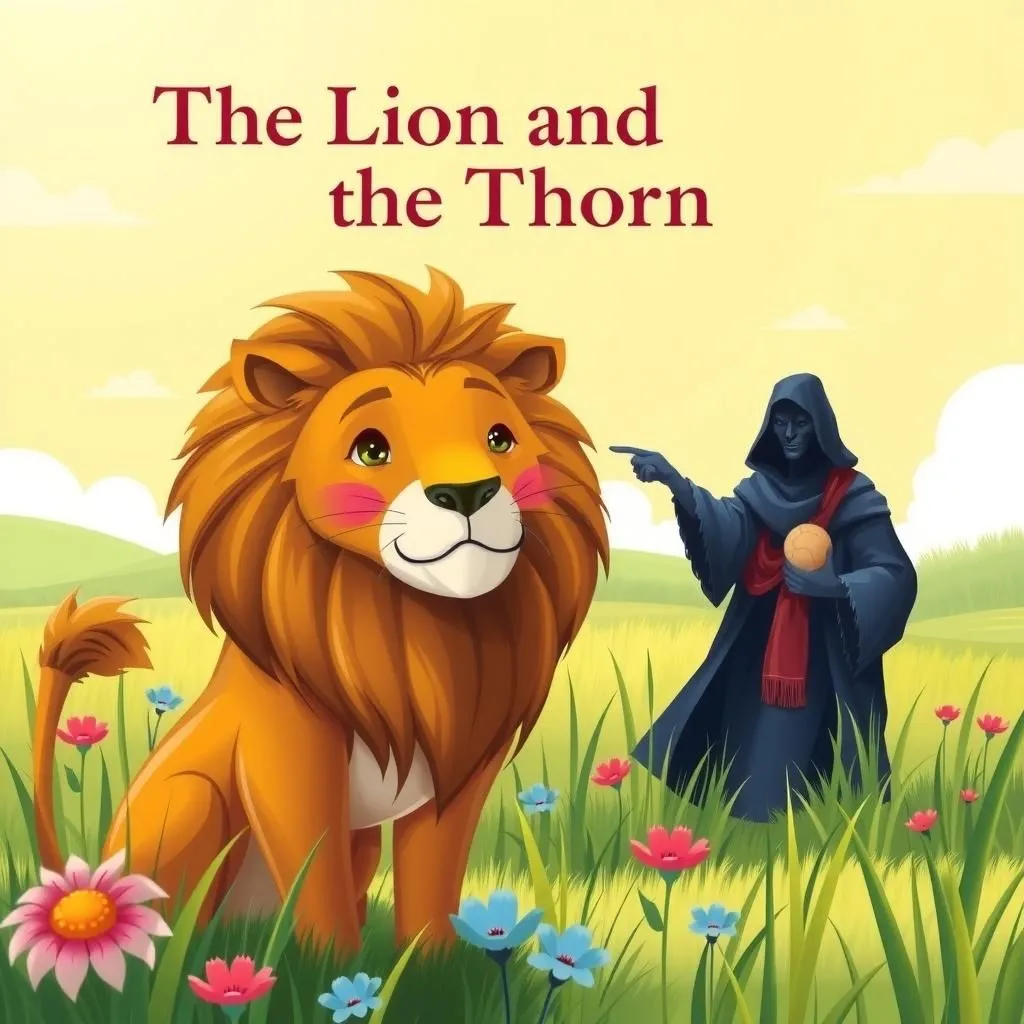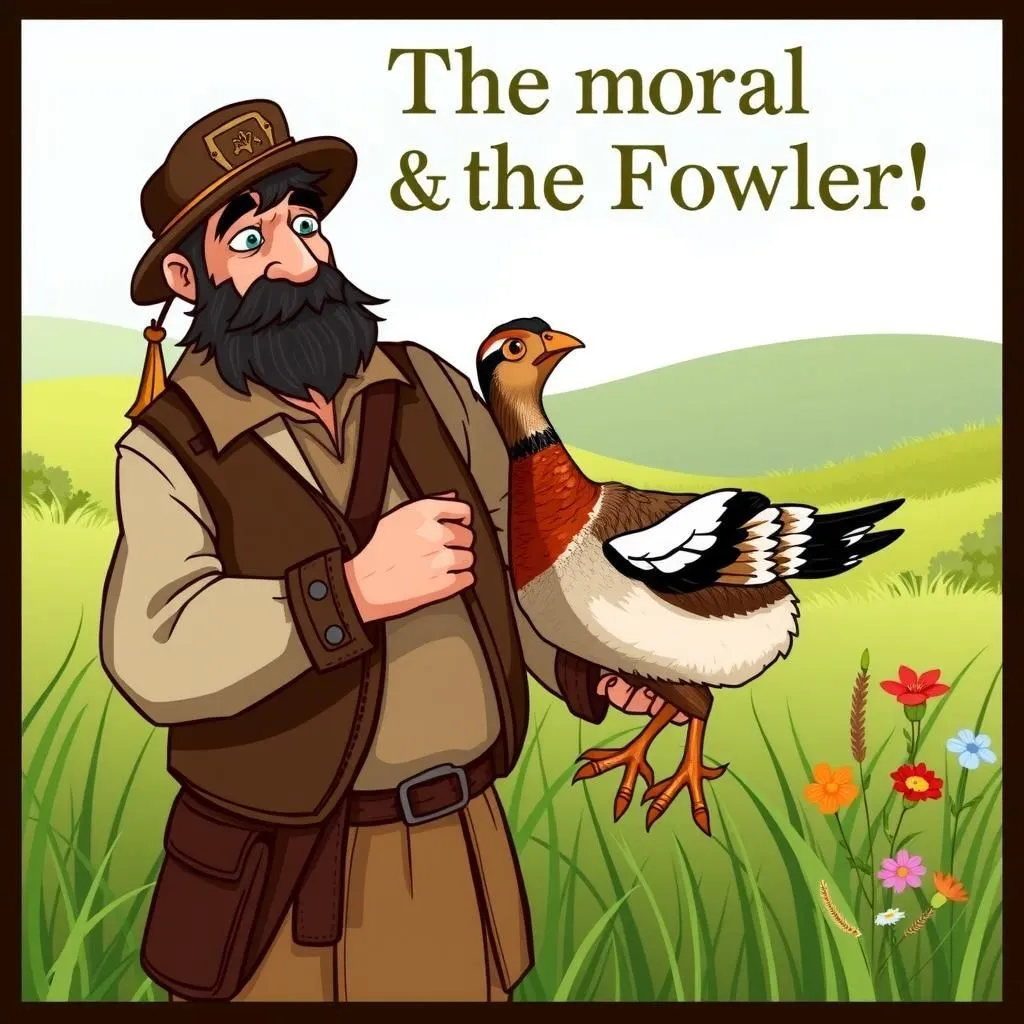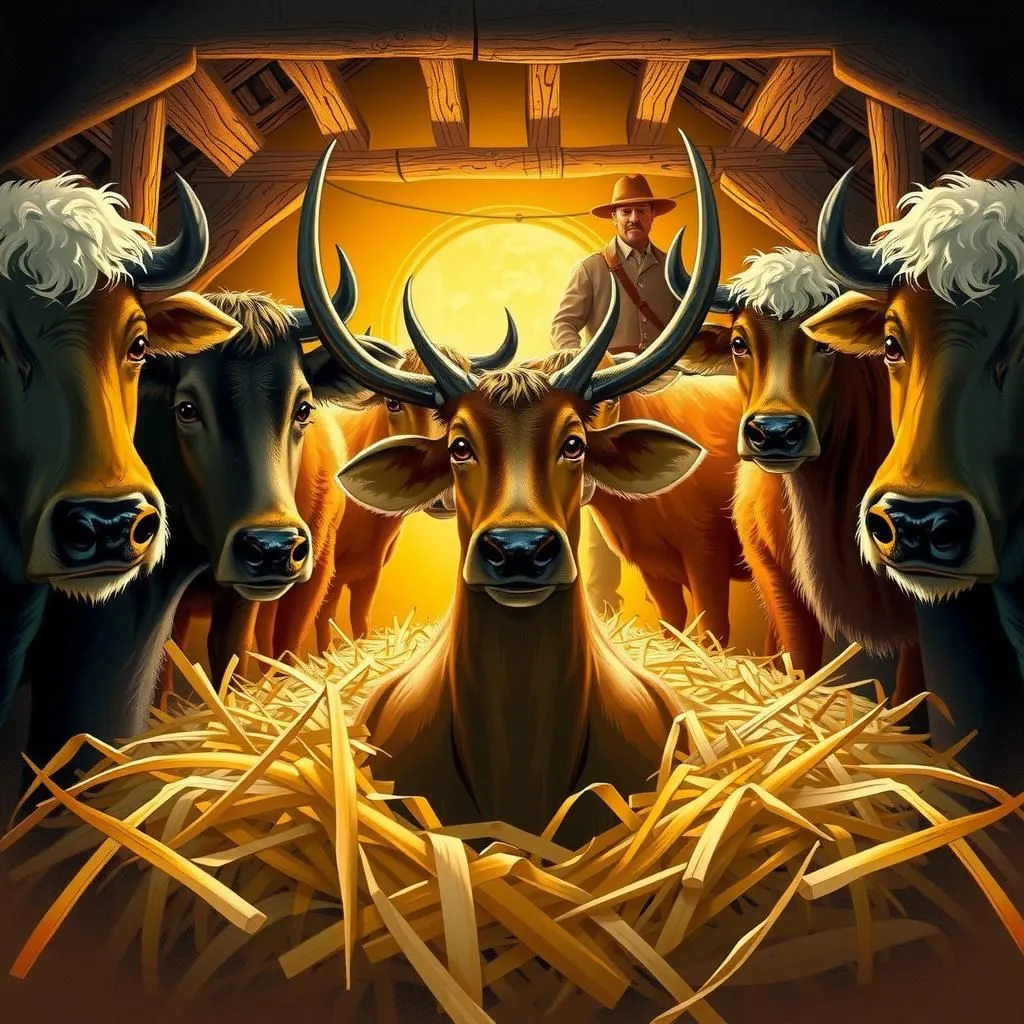
The Lion and the Thorn
In this engaging moral tale, a lion, grateful for a shepherd's help in removing a thorn from his foot, spares him after a meal. However, when the shepherd is falsely accused and sentenced to be fed to the lions, one lion recognizes him and claims him as his own, leading to the shepherd's demise at the hands of the very creature he once aided. This timeless moral story serves as a cautionary reminder of how past kindness can be repaid in unexpected ways.


